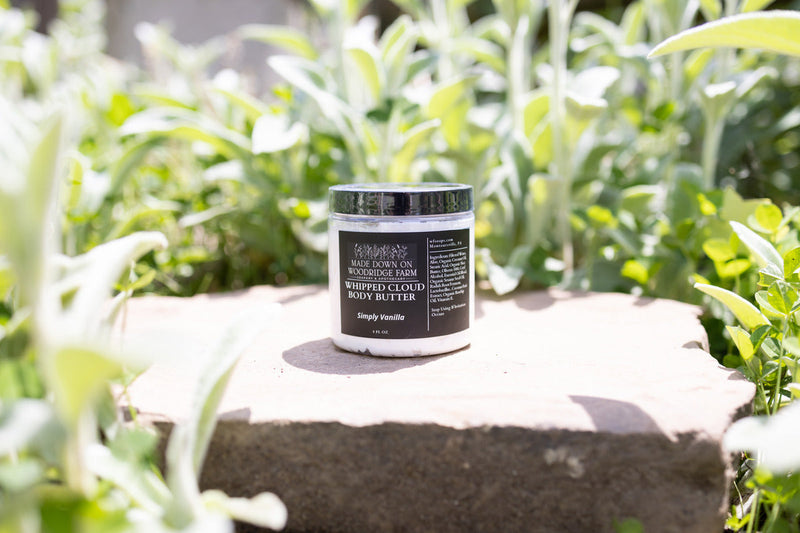Hormones influence everything from energy and mood to sleep and metabolism, but with so much information out there, it can be hard to know what’s true. I’m sharing my perspective on five common hormone questions, ranging from progesterone balance to menopause and fibroids. Maybe you’ll find it helpful as you explore what works best for you.
#5. I think I have low progesterone, but my doctor says my levels are ‘normal.’ What do you think about that?
My understanding is that blood tests measure only a snapshot of progesterone at one moment in time and they don’t always reflect how your body is using the hormone. Many women have symptoms of low progesterone even when their levels appear “normal” because their body isn't making enough in the right amounts at the right times.
#4. I keep hearing that fibroids are estrogen-driven. What are your thoughts, Linda?
From what I’ve been taught, the first thing to know is what fibroids are and why they react to both progesterone and estrogen. Fibroids originate from a single muscle cell in the uterus (myometrium) that mutates and begins multiplying abnormally.
The uterus is highly hormone-sensitive because its job is to prepare for pregnancy each cycle. Since fibroids come from mutated cells, they retain that same sensitivity to estrogen and progesterone.
Estrogen is a cell-proliferator. But when progesterone is in the right level, it helps to keep estrogen balanced. Estrogen and progesterone don’t cause fibroids. But estrogen can fuel their growth since it's a cell-proliferator.
#3. I know menopause is natural, but why do some women struggle with intense symptoms while others barely notice it?
From my experience, one of the biggest factors in how smooth or difficult the transition feels is partially due to hormone balance.
I've found that many women ignore supporting adrenal health. This is key because, as the ovaries slow down estrogen and progesterone production, the adrenal glands take over part of the job.
If they’re already stressed or depleted, symptoms can feel more intense.
Wild Yam is often used to support hormone balance during this transition. While it doesn’t contain actual progesterone, compounds in Wild Yam support the body’s progesterone pathways, bringing comfort.

#2. Before menopause, I used to handle stress just fine, but now even small things make me feel overwhelmed. Is this a hormone issue?
Maybe! This question is incredibly broad, so I'll try to tackle it as best as I can. My understanding is that progesterone has a natural calming effect on the brain (it interacts with GABA receptors, which help you feel relaxed).
In early menopause, progesterone is often the first hormone to drop, which means less of that soothing, anti-anxiety effect.
Estrogen affects serotonin and dopamine, the brain’s feel-good chemicals.
When estrogen swings wildly (as it often does in perimenopause), it can trigger mood instability, irritability, and emotional highs and lows. Some women feel anxious and overwhelmed one week, then totally fine the next.
After menopause, the adrenal glands take over some hormone production (especially for estrogen and progesterone). If a woman has been under chronic stress for years, her adrenals may already be tired.
#1. How does cycle syncing work on women in menopause?
When menopause begins, ovulation stops, and hormone production no longer follows a monthly cycle. While hormones still fluctuate daily, you can adapt to support the body's new rhythms.
During menopause, estrogen no longer cycles monthly. This means energy levels may not have the same highs and lows as before. However, estrogen still influences brain function, mood, and metabolism, so supporting it with foods rich in phytoestrogen (plant-derived compounds that mimic estrogen) like flaxseeds, fermented soy, and leafy greens to help.
During menopause progesterone drops significantly. Actually, it’s the first hormone to drop. Since progesterone is the calming, anti-inflammatory hormone, its absence can make stress feel more intense. Magnesium, B vitamins, and adaptogenic herbs (like ashwagandha) can help buffer the stress response.
Supporting adrenal health becomes the new version of cycle syncing since the adrenal glands take over some hormone production.

Understanding your hormones is a journey, and the more you learn, the more empowered you are to make choices that support your health.




















